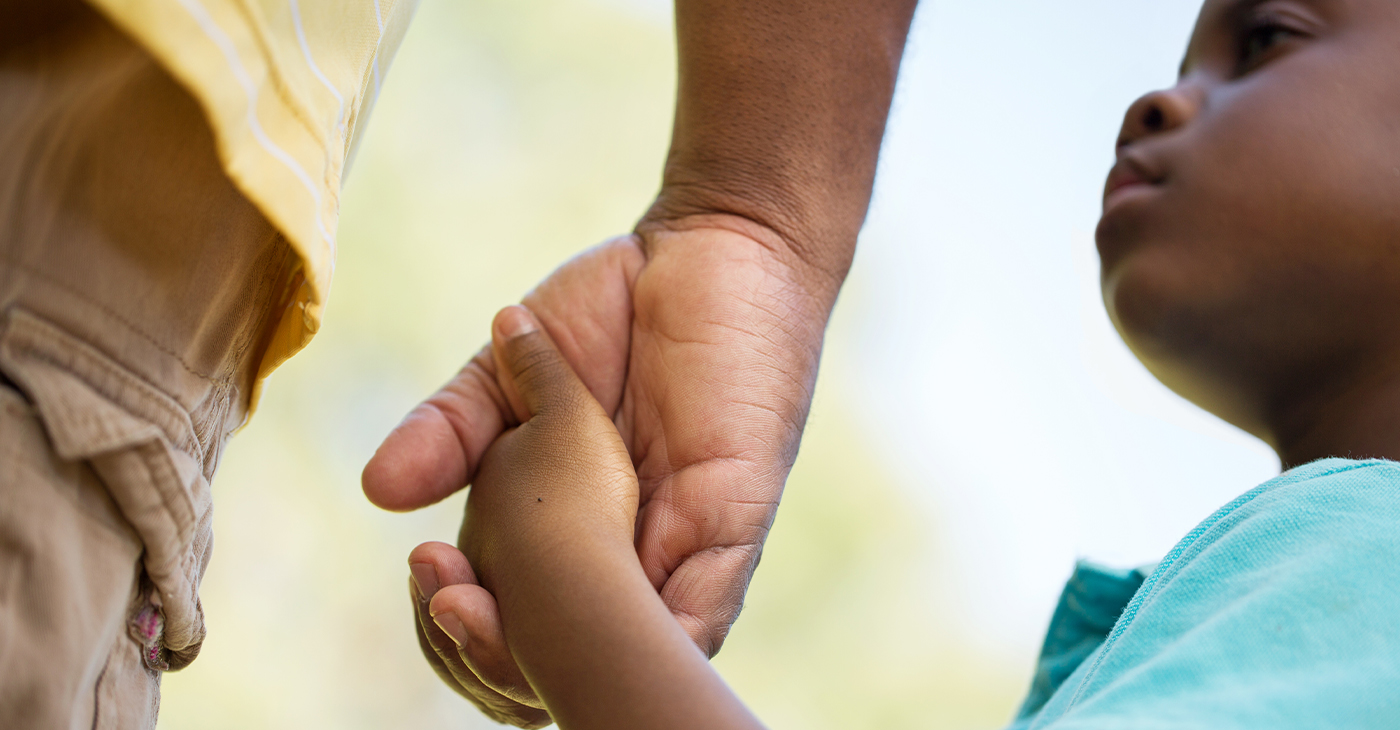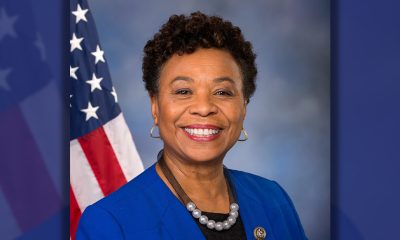Government
Major Housing Bill Dies in State Senate

After a two-hour debate last Wednesday, the state senate voted 18 to 15 to reject SB 50, a housing zoning bill Sen. Scott Wiener D-San Francisco) introduced to fast-track the building of more housing units in the state.
SB 50 would have compelled cities and counties in the state to raise height limits on new construction and lift other local building restrictions, particularly along train routes and high-frequency bus stops. It would have also made provisions that would override local building codes, allowing developers to build higher-density housing — apartment buildings, housing complexes, triplexes and duplexes — even in high-income neighborhoods where they are now rare.
The senate’s decision is a setback for Gov. Newsom and other supporters who want to speed up solving California’s affordable housing crisis, in part, by increasing the supply of properties available to buy and rent.
The governor has set an ambitious goal to build 3.5 million new housing units by 2025.
“This is not the end of this story,” said Senate President Pro Tem Toni Atkins (D-San Diego). “Everyone needs to get ready to come to the table. Everyone needs to get ready for some compromise.”
Supporters of SB 50 predicted that it could trigger tens of billions of dollars in new investments in some communities. But critics — including Sen. Holly Mitchell (D-Los Angeles) — warned that the legislation would only benefit deep-pocketed developers who build housing mostly for wealthy buyers.
“Over the past three years, I have supported 20-plus pieces of transformative housing legislation,” Mitchell tweeted after her “no” vote on SB 50. “As chair of the Budget and Fiscal committee, I have prioritized over 3 billion dollars to address our current housing crisis. I am prepared as President Pro Tem Toni Atkins stated ‘to communicate, collaborate and compromise’ on the right solution for all California communities.”
Damien Goodmon, the Executive Director of the Crenshaw Subway Coalition in South Los Angeles, took to Twitter, too, after the Senate SB 50 vote.
He thanked Sen. Mitchell for voting against the legislation.
“Let’s talk racial impact analysis of these upzoning bills to ensure they don’t harm the very communities who have historically been harmed by the racist exploitative real estate industry and are most impacted by the housing crisis,” he wrote. “Let’s talk about long-term solutions like community and trusts.”
Activism
Oakland Post: Week of April 17 – 23, 2024
The printed Weekly Edition of the Oakland Post: Week of April 17 – 23, 2024

To enlarge your view of this issue, use the slider, magnifying glass icon or full page icon in the lower right corner of the browser window. ![]()
California Black Media
Yahushua’s Law: Senate Advances Bill to Protect Students from Extreme Weather
In a significant move towards student safety, the California Senate Education Committee passed Senate Bill (SB) 1248, also known as Yahushua’s Law, on April 3. The bill is named in memory of Yahushua Robinson, a 12-year-old student from Lake Elsinore, who tragically died due to a heat-related illness during a physical education class in 2023. It is a pioneering effort to prevent similar incidents in the future.

By California Black Media
In a significant move towards student safety, the California Senate Education Committee passed Senate Bill (SB) 1248, also known as Yahushua’s Law, on April 3.
The bill is named in memory of Yahushua Robinson, a 12-year-old student from Lake Elsinore, who tragically died due to a heat-related illness during a physical education class in 2023. It is a pioneering effort to prevent similar incidents in the future.
Authored by Senator Melissa Hurtado (D-Bakersfield) and co-authored by Assemblymember Akilah Weber, M.D. (D-La Mesa), SB 1248 directs the California Department of Education to develop comprehensive guidelines for schools regarding student activity during all extreme weather conditions.
“No student should ever lose their life on campus to extreme weather when we can take steps to protect them by preparing statewide plans to minimize exposure to the most harmful elements of exposure,” Hurtado said after introducing SB 1248.
The bill stipulates that schools must implement safety measures which include monitoring weather forecasts, postponing or relocating outdoor activities during hazardous conditions, and ensuring students have proper hydration and access to shade. It also requires schools to establish clear communication plans to keep parents, teachers, and students informed about potential weather hazards.
Supporters of the bill include the Robinson family, advocate Christina Laster, Bold Enterprises LLC, California Black Women’s Collective Empowerment Institute, Familias Empoderadas del Valle Central National Action Network, The Black Student Advocate, and the Ventura County Alumnae Chapter of Delta Sigma Theta Sorority.
Thanking Hurtado for introducing this crucial legislation, Weber said, “The story of Yahushua Robinson last year was heartbreaking. We have protections for farm workers and other industries in the case of extreme weather, now climate change is forcing us to also extend similar protections to students at school.”
City Government
LAO Releases Report on Racial and Ethnic Disparities in California Child Welfare System
Racial inequalities in California’s child welfare system disproportionately impact poor Black and Native American children, according to a report released April 3 by the nonpartisan Legislative Analyst’s Office (LAO). The report, which was presented to the Assembly Subcommittee No. 2 on Human Services — chaired by Assemblymember Corey Jackson (D-Moreno Valley) — states that the proportion of low-income Black and Native American children in foster care is four times larger than other racial and ethnic groups in the state.

Racial inequalities in California’s child welfare system disproportionately impact poor Black and Native American children, according to a report released April 3 by the nonpartisan Legislative Analyst’s Office (LAO).
The report, which was presented to the Assembly Subcommittee No. 2 on Human Services — chaired by Assemblymember Corey Jackson (D-Moreno Valley) — states that the proportion of low-income Black and Native American children in foster care is four times larger than other racial and ethnic groups in the state. Half of the children from each racial group has experienced some level of child welfare involvement before reaching legal age.
Jackson is a member of the California Legislative Black Caucus.
“Racial and ethnic disproportionality and disparities are present within initial allegations and persist at all levels of the system — becoming the most pronounced for youth in care,” the report states.
The disparities have persisted over the last decade across the state, the LAO found, adding that Black children living in poverty are more likely to enter foster care. State data shows that there is a correlation between poverty and foster placement in each county.
“Throughout all levels of the child welfare system, families experiencing poverty are more likely to come to the attention of and be impacted by the child welfare system,” stated the report.
Overall, the report revealed that more than half of the families affected by the state child welfare system earn $1,000 per month, significantly less than the national average of $5,000 a month.
The financial disparities highlighted in the LAO report align with existing research indicating that poverty is among the main factors contributing to the likelihood of child maltreatment. State anti-poverty programs include cash aid, childcare subsidies, supportive housing, and nutrition assistance.
-

 Activism4 weeks ago
Activism4 weeks agoOakland Post: Week of March 20 – 26, 2024
-

 #NNPA BlackPress3 weeks ago
#NNPA BlackPress3 weeks agoCOMMENTARY: D.C. Crime Bill Fails to Address Root Causes of Violence and Incarceration
-

 #NNPA BlackPress3 weeks ago
#NNPA BlackPress3 weeks agoMayor, City Council President React to May 31 Closing of Birmingham-Southern College
-

 #NNPA BlackPress3 weeks ago
#NNPA BlackPress3 weeks agoCOMMENTARY: Lady Day and The Lights!
-

 #NNPA BlackPress3 weeks ago
#NNPA BlackPress3 weeks agoFrom Raids to Revelations: The Dark Turn in Sean ‘Diddy’ Combs’ Saga
-

 #NNPA BlackPress3 weeks ago
#NNPA BlackPress3 weeks agoBaltimore Key Bridge Catastrophe: A City’s Heartbreak and a Nation’s Alarm
-

 #NNPA BlackPress3 weeks ago
#NNPA BlackPress3 weeks agoBaltimore’s Key Bridge Struck by Ship, Collapses into Water
-

 Activism3 weeks ago
Activism3 weeks agoOakland Post: Week of March 27 – April 2, 2024


















































